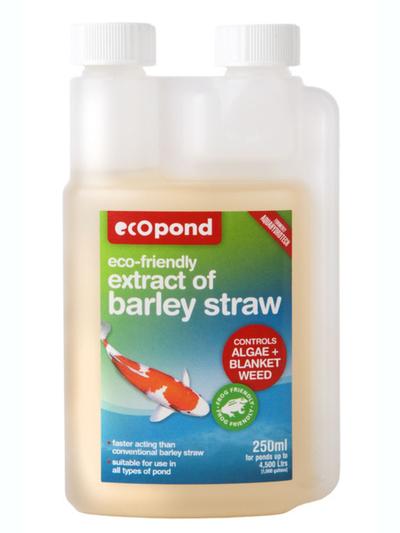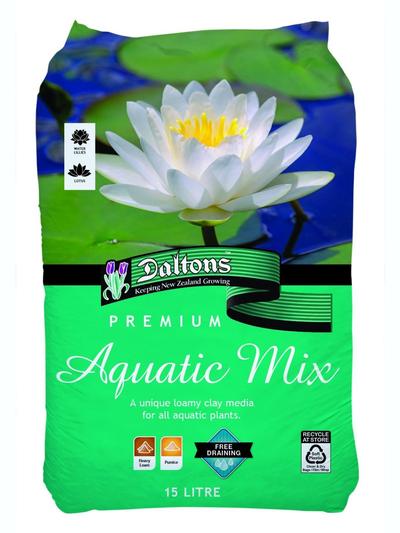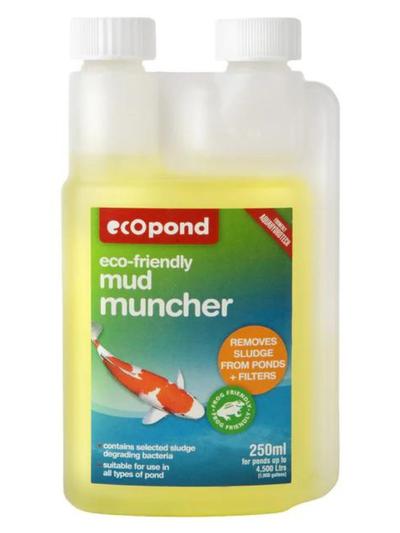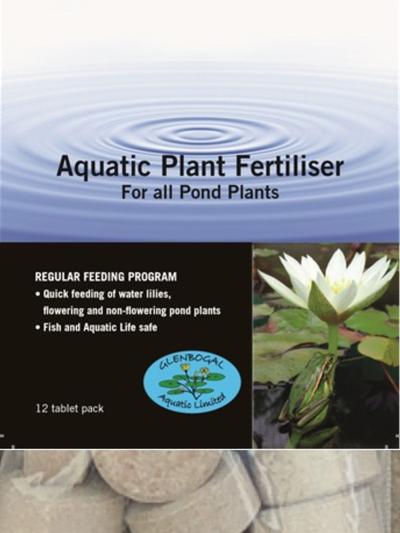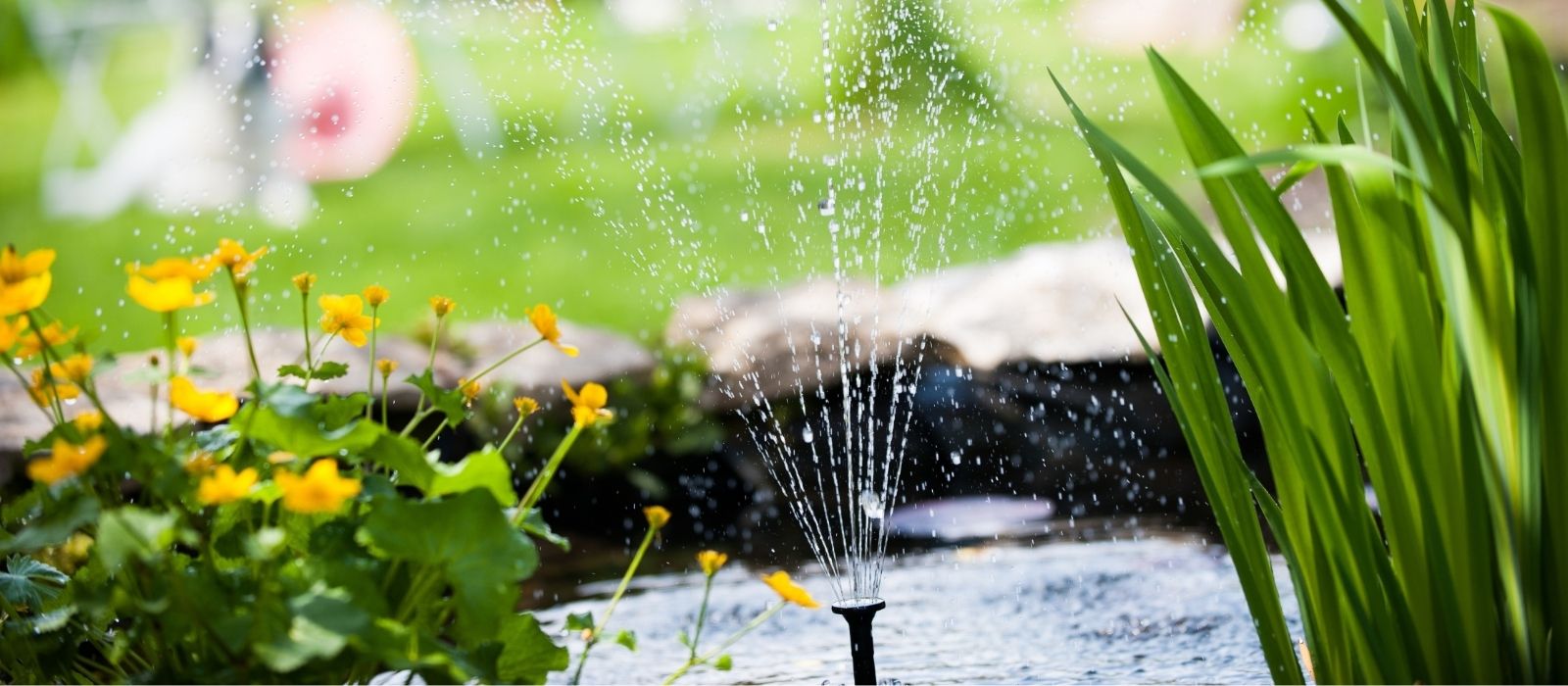
Water gardens are a wonderful way to add a peaceful, natural element to any garden. Whether you start with a simple bowl and a few plants or create a larger container pond with fish, water gardens can enhance your space's visual appeal and ambience. Here’s everything you need to know to get started with water plants and keep your water garden thriving.
Selecting Water Plants
When choosing plants for your water garden, thinking in layers is helpful. Combining plants of different heights and textures creates a visually appealing and balanced water garden. There are three key categories of water plants:
- Tall Spiky Plants (Height) - These plants give vertical interest and texture. Examples include Bulrushes or Papyrus.
- Round-Shaped Plants (Cover) - These plants provide a floating canopy over the water, adding a sense of fullness. Water lilies are a classic example, offering beauty and a place for fish to hide.
- Flowering Plants (Focal Point) - A flowering plant in the centre of the water garden provides a stunning visual focal point. Water lilies, Lotus, and Aquatic Iris are perfect choices.
During the summer months, it’s essential to cover about 75% of the water surface with plants. This helps reduce algal growth by limiting the amount of sunlight that reaches the water, ensuring a healthier aquatic environment.
Types of Water Plants
Water plants can be categorised into two types: marginals and submerged plants.
Marginal Plants: These plants have their roots submerged in water, but most of the plant grows above the surface. They are usually placed at the water’s edge or just below the water level. Examples include Pickerel Rush, Lobelia, and Marsh Marigold.
Submerged Plants: These are essential for oxygenating the water and helping to minimise algal growth. Most of their foliage stays underwater, though some leaves or flowers may float on the surface. Examples include Hornwort, Elodea, and Cabomba.
Fertilising and Maintaining Healthy Water Plants
Just like garden plants, water plants need nutrients to thrive. However, to avoid promoting excessive algae growth, it’s important to use a special aquatic fertiliser that won’t cause issues in the water. Fertiliser tablets or spikes should be placed about 7 cm from the base of the plant. Avoid over-fertilising; only apply these during the growing season when the plant has substantial growth.
Repotting Water Plants
Repotting water plants requires careful attention to the type of soil used. Topsoil or clay is recommended, and gravel should be added to the surface to anchor the soil. Mix up to 25% sand into the clay to improve drainage. Before placing the newly potted plant in the pond or water container, soak it in a bucket to prevent soil particles from clouding the water.
Maintaining Clear, Healthy Water
One of the most common challenges in water gardens is algal growth, which can turn the water green and murky. To prevent algae problems, follow these tips:
- Fish Population: Keep the fish population to a minimum—approximately 1-2 fish per 1000 litres of water. Overfeeding or having too many fish can contribute to algae growth.
- Plant Coverage: During the summer, aim for 75% of the pond’s surface area to be covered in plants, limiting the amount of light available for algae growth.
- Use the Right Soil: Avoid using normal potting mix, as it contains too much organic material and fertiliser, contributing to water quality issues.
Eco-Friendly Algae Control
For natural algae control, ‘Ecofriendly Extract of Barley Straw’ is a fantastic solution. Adding weekly from early spring helps control algae, blanket weeds, and green water without harming aquatic life. This product is safe for plants, fish, and birds, making it an ideal choice for eco-conscious gardeners.
Water gardens are a beautiful and soothing addition to any garden, creating a serene environment that attracts wildlife. By selecting the right plants, maintaining water quality, and following the best practices for fertilisation and repotting, you can enjoy a thriving and healthy water garden all season long. Whether you're a beginner or a seasoned water garden enthusiast, these tips will help you create a stunning aquatic oasis in your garden.


